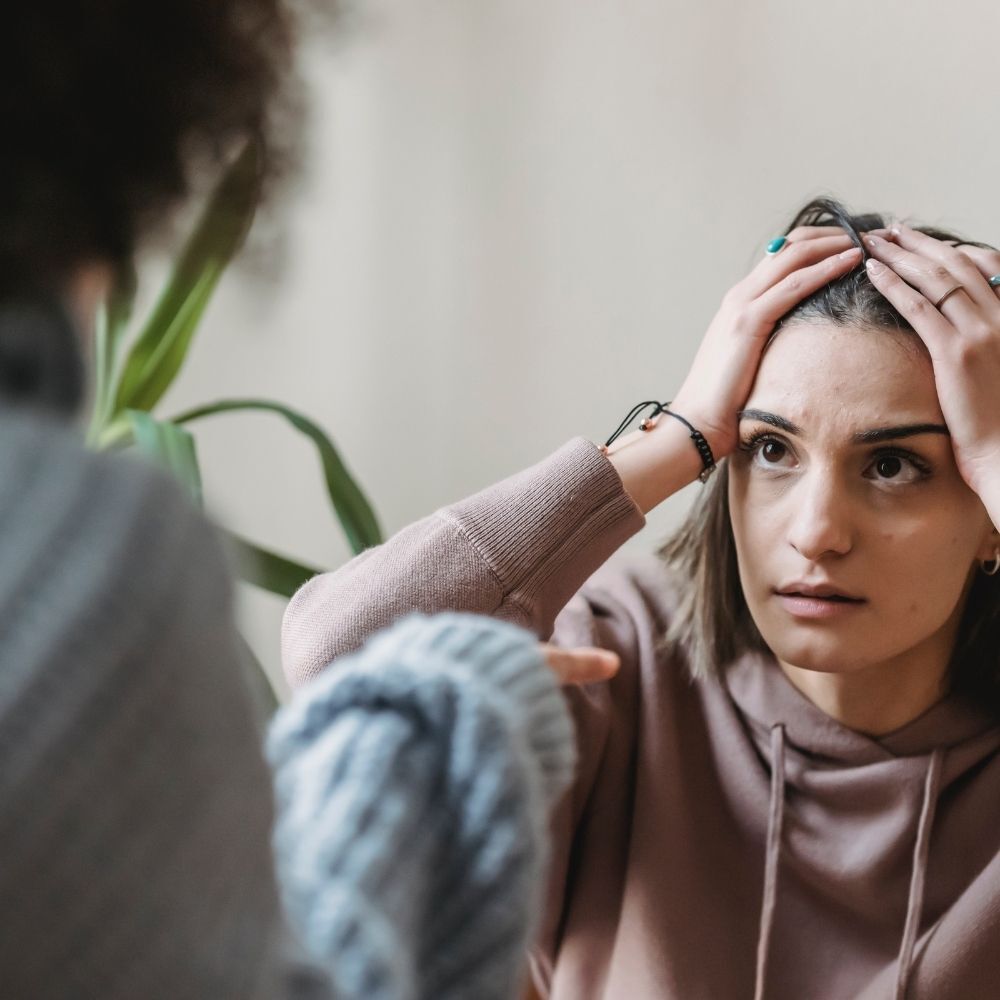Many childhood traumas
Childhood trauma, i.e., the significant and negative events that take place during childhood, affects us all. Statistics vary depending on the precise definition of trauma and the population studied, but numerous studies have shown that many children experience at least one traumatic event before reaching adulthood.
One of the best-known studies on this subject is the Adverse Childhood Experiences (ACE) study conducted by the Centers for Disease Control and Prevention (CDC) and Kaiser Permanente. This study revealed that almost two-thirds of participants had experienced at least one traumatic event in their childhood, such as:
- Physical or sexual abuse,
- Neglect,
- Living with a negligent adult,
- etc.
>>> Read about the attachment theory here.
An example of childhood trauma
However, it doesn’t have to be a serious event. We can be deeply scarred as children because our attachment to our parents went wrong. Indeed, the psychologist John Bowlby explained that the attachment patterns we form in childhood can affect the way we behave in our relationships throughout our lives.
📌 My parents went on a humanitarian mission when I was just a few months old. Even if I don’t remember it, I now know that it had a huge impact on the baby I was and that I still have an emotional wound from this event.
|
The consequence of traumas
As Dr Nadine Burke Harris, a pediatrician and public health researcher, explained, childhood trauma isn’t something we leave behind, it’s an experience that changes our biology. So we need to understand that childhood wounds make us the adults we are.
There are consequences to all this and in the most serious cases, it can lead to post-traumatic stress, unhappiness, or even emotional and relationship problems 🤕.
👉 If I take my example again, the absence of my parents generated a huge fear of abandonment, which has a huge influence on my relationships and my attachment style.
In short, our identity is shaped by what we’ve experienced. The past and traumas have an impact on our self-esteem, our behavior, our character, our ability to cope with things, etc.
How do you know if you’ve had a traumatic experience as a child?
It’s quite simple, you just need to turn the problem around 🙃. To find out if you may have had trauma as a child, you need to see if there are any symptoms, such as:
- 👉 Mood disorders and generalized anxiety: This is the case for me, but also for many people who aren’t the link between a psychological illness and their childhood.
- 👉 Relationship difficulties: As I said, my traumas greatly disrupt my adult relationships. We find it hard to have and maintain healthy relationships as we are so paralyzed by fears and anxiety.
- 👉 Self-destructive or impulsive behavior: Many people who suffered during childhood have risky behaviors such as the use of substances or alcohol or engaging in self-harm...
- 👉 Memory problems: Traumatic amnesia often occurs, particularly in the most serious cases. This is how victims of incest remember what happened to them years later.
👋 You may be interested in this article: What are the 4 types of romantic attachment?
What can we do about our childhood traumas?
The first thing to do is to recognize and accept that there’s something wrong. As I said, this generates a lot of unease, and it’s not a question of staying with our traumas and doing nothing about them.
To get better, you need to take matters into your own hands and consult a psychologist or psychiatrist if there’s a risk of mental illness. There are several types of therapy that have proven effective in treating trauma, including cognitive behavioral therapy (CBT), but even more so, eye movement desensitization and reprocessing (EMDR).
I know it’s hard to face, as I’m currently experiencing it in therapy 😔. However, childhood trauma can be overcome, with a lot of resilience. As the psychologist, Carl Young, said, “I’m not what happened to me, I’m what I choose to become.” It’s possible to move forward and free yourself from your shackles.
Editor’s note: Knowing how to recognize your childhood traumas to heal themRecognizing and identifying the signs of our childhood traumas is a meaningful first step on the road to healing. A psychologist can support you on this journey and help you rebuild your life on healthier foundations. Don’t forget that asking for help is a sign of strength, not weakness. So if this article resonates with you, don’t hesitate to take the plunge and make an appointment. Your mental state deserves your full attention.
🤗 Understanding yourself, accepting yourself, being happy... It’s here and now!
#BornToBeMe
|
Be sure to check out these articles too;


















